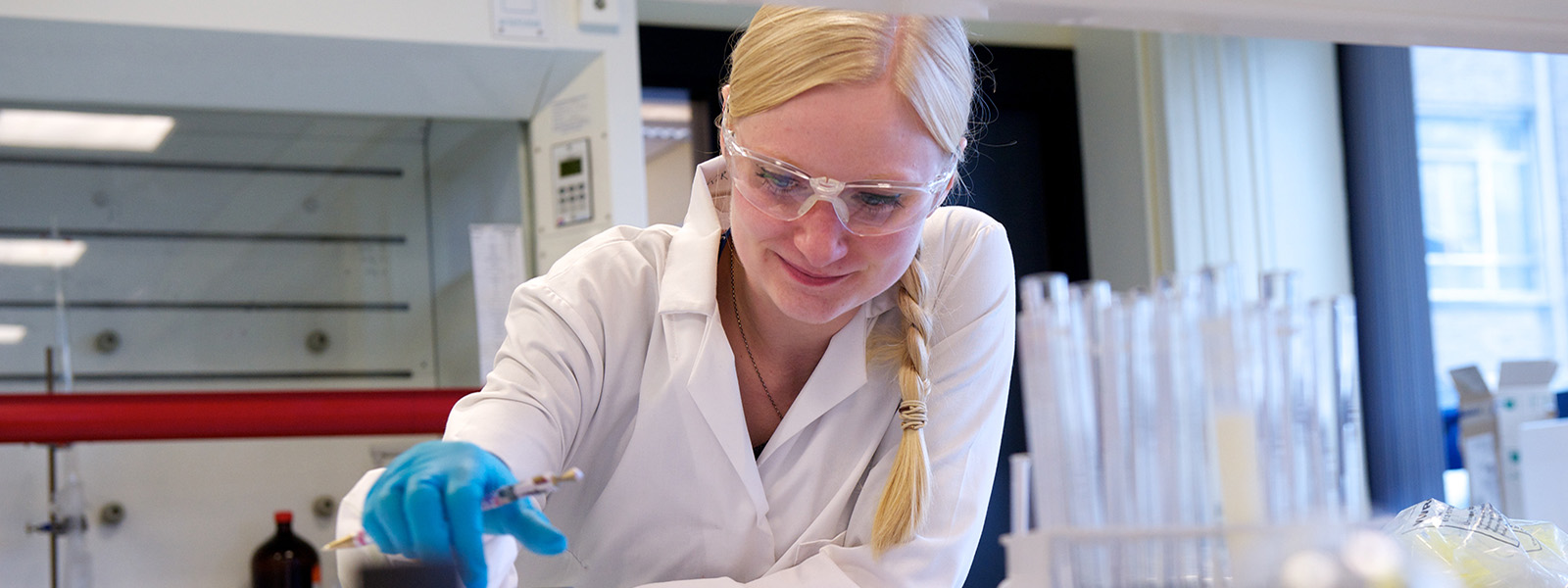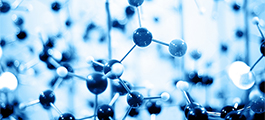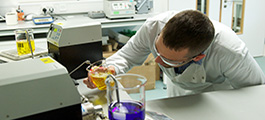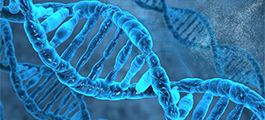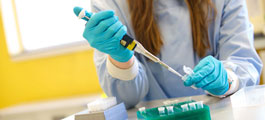The materials and computational research group covers a diverse range of interests with an emphasis on applied, multidisciplinary projects. The group has a strong track record of working with industry in areas such as:
- energy
- lighting
- displays
- polymer science
- bionanotechnology
- biophysical chemistry
- sensors
- the food industry
The activities of the section encompass inorganic and organic synthetic chemistry for the development of functional materials and devices. The work is complemented by substantial characterisation facilities and pioneering research into structure-property relationships. Research within this section also focuses on the structure and properties of molecules, metal-containing compounds, materials and biological systems.
| Staff members | Research interests |
|---|---|
| Professor Peter A. G. Cormack |
|
| Dr Gavin A Craig |
|
| Dr Aruna Ivaturi |
|
| Professor John Liggat |
|
| Dr Tahereh Nematiaram |
|
| Professor David Palmer |
|
| Dr Juliane Simmchen |
|
| Dr Sebastian Sprick |
|
| Professor Tell Tuttle |
|
